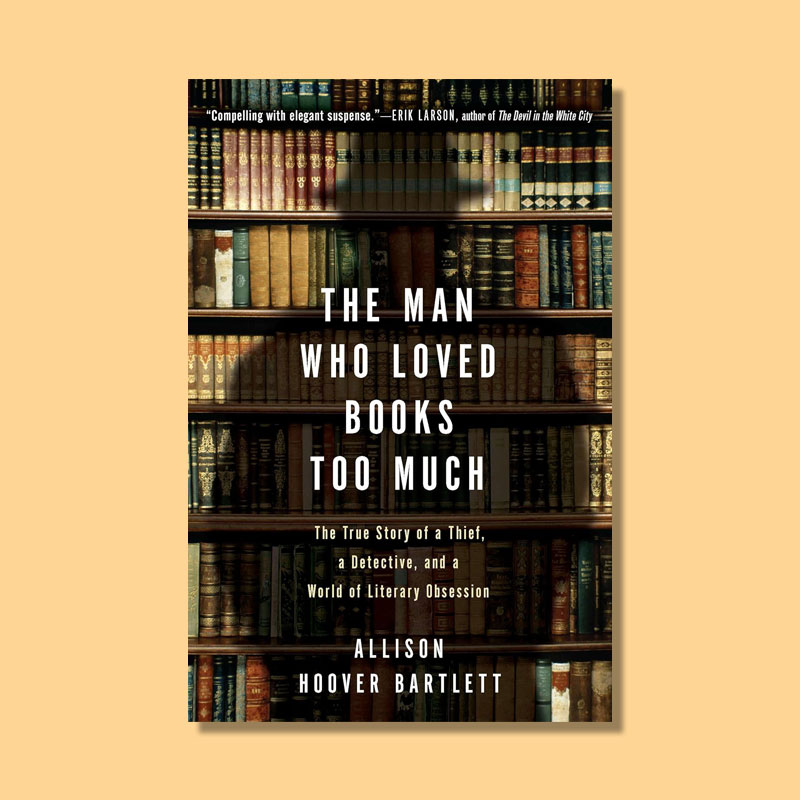What is a euphemism? | | Euphemisms allow us to lessen the blow linguistically by choosing a word or expression that is less offensive or more palatable than the original. | |  | Rachel Gresh |
|
| |  | | I f you have a friend who was recently laid off, you might describe them as "between jobs" instead of as "unemployed." This swap is called a euphemism — a form of figurative language used to discuss sensitive, negative, or taboo topics in a gentler or more socially acceptable way.
Euphemisms are used in all styles of speech, from everyday conversation to formal communication. They tend to be kinder, milder, and less abrasive than the alternatives, or, at the very least, more indirect or vague in meaning. A euphemism can soften the impact of a negative or sensitive topic. For instance, instead of saying someone is broke, you might say they're "in a rough patch financially," which has a more polite tone. Similarly, "let go" often replaces "fired," and if you back out of something, you might say you "threw in the towel" instead of "quit." In the same sense, "oh my gosh" often replaces a potentially offensive use of religious figures. Euphemisms such as "darn," "fudge," "heck," and "shoot" are stand-ins for curse words — we'll let you guess the corresponding profanities.
Although euphemisms are incredibly popular in modern dialogue, they aren't new. The term "euphemism" entered the English language around 1650, derived from the Greek word euphemismos, meaning "use of a favorable word in place of an inauspicious one, superstitious avoidance of words of ill-omen during religious ceremonies." By the end of the 18th century, "euphemism" gained a broader usage of "choosing a less distasteful word or phrase than the one meant," a definition that still holds true today.
Euphemisms aren't exclusively used in harsh or embarrassing situations; they can also create variety, humor, or irony. If you come home to a shriveled-up houseplant post-vacation, it's perfectly acceptable to say, "It died," but you might lightheartedly use the idiomatic euphemism "It kicked the bucket" instead. "Kicked the bucket" is both an idiom (a phrase that means something different from how it sounds) and a euphemism serving as a less direct way of saying something died. |
| | Continue reading | |  |
| |
| | Advertisers help keep Word Smarts free | |
Emoji Decoded | |  | | Smiling Face with Open Mouth and Tightly-Closed Eyes | | | Meaning: Displays a face with a broad, open-mouthed smile and eyes squeezed shut, typically expressing joy, laughter, or extreme amusement.
Evolution: This emoji was originally designed to represent laughing, similar to "XD" in text-based emoticons, but it's now used to express a range of positive emotions, from genuine amusement to awkward or forced laughter.
Usage: [Comment on Facebook post about "Dad jokes":] Why did the scarecrow win an award? Because he was outstanding in his field! 😆😆😆 |
|
 | | Smiling Face with Open Mouth and Tightly-Closed Eyes | | | Meaning: Displays a face with a broad, open-mouthed smile and eyes squeezed shut, typically expressing joy, laughter, or extreme amusement.
Evolution: This emoji was originally designed to represent laughing, similar to "XD" in text-based emoticons, but it's now used to express a range of positive emotions, from genuine amusement to awkward or forced laughter.
Usage: [Comment on Facebook post about "Dad jokes":] Why did the scarecrow win an award? Because he was outstanding in his field! 😆😆😆 |
|
| |
Have you read? | |  | | The Man Who Loved Books Too Much | | By Allison Hoover Bartlett | | Gasp! Is there such a thing? There is if you're John Charles Gilkey, a rare book thief who swindled more than $100,000 worth of valuable volumes through a series of credit card schemes and mail fraud. Told through the lens of the journalist writing the story and the detective seeking the book thief, this is true crime without the issue of finding entertainment in media that may exploit victims of violent crimes and their families. It's dramatic without being sensational, and bibliophiles may reflect on when Gilkey tipped over into obsessive bibliomania. | | | | Jennifer A. Freeman, Word Smarts Senior Editor | | | | We independently evaluate all recommended products and services. If you click on links we provide, we may receive compensation. |
|
 | | The Man Who Loved Books Too Much | | By Allison Hoover Bartlett | | Gasp! Is there such a thing? There is if you're John Charles Gilkey, a rare book thief who swindled more than $100,000 worth of valuable volumes through a series of credit card schemes and mail fraud. Told through the lens of the journalist writing the story and the detective seeking the book thief, this is true crime without the issue of finding entertainment in media that may exploit victims of violent crimes and their families. It's dramatic without being sensational, and bibliophiles may reflect on when Gilkey tipped over into obsessive bibliomania. | | | | Jennifer A. Freeman, Word Smarts Senior Editor | | | | We independently evaluate all recommended products and services. If you click on links we provide, we may receive compensation. |
|
| |
You might also like | |  | | | | When Should You Use "Lay" vs. "Lie"? | | One of the trickiest (and most easily forgotten) lessons seems to be the difference between "lay" and "lie" and when it's appropriate to use one over the other. |
| | | |
| | Advertisers help keep Word Smarts free | |
|
![]()
![]()
![]()
![]()
0 Comments:
Post a Comment
<< Home